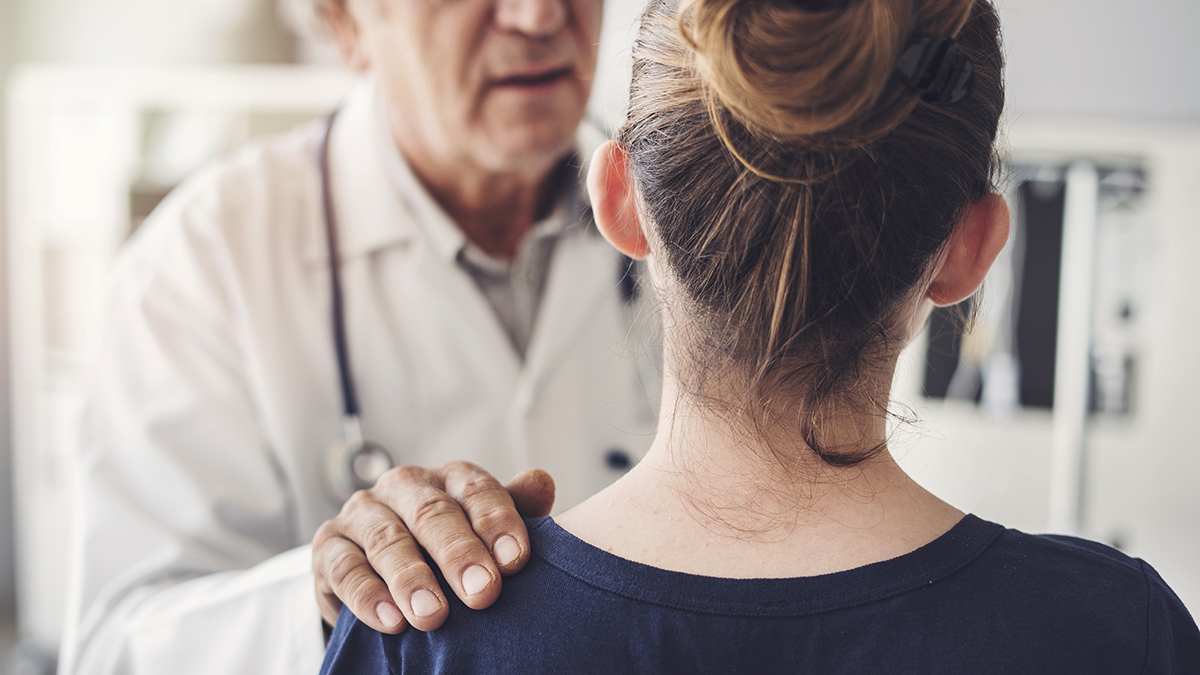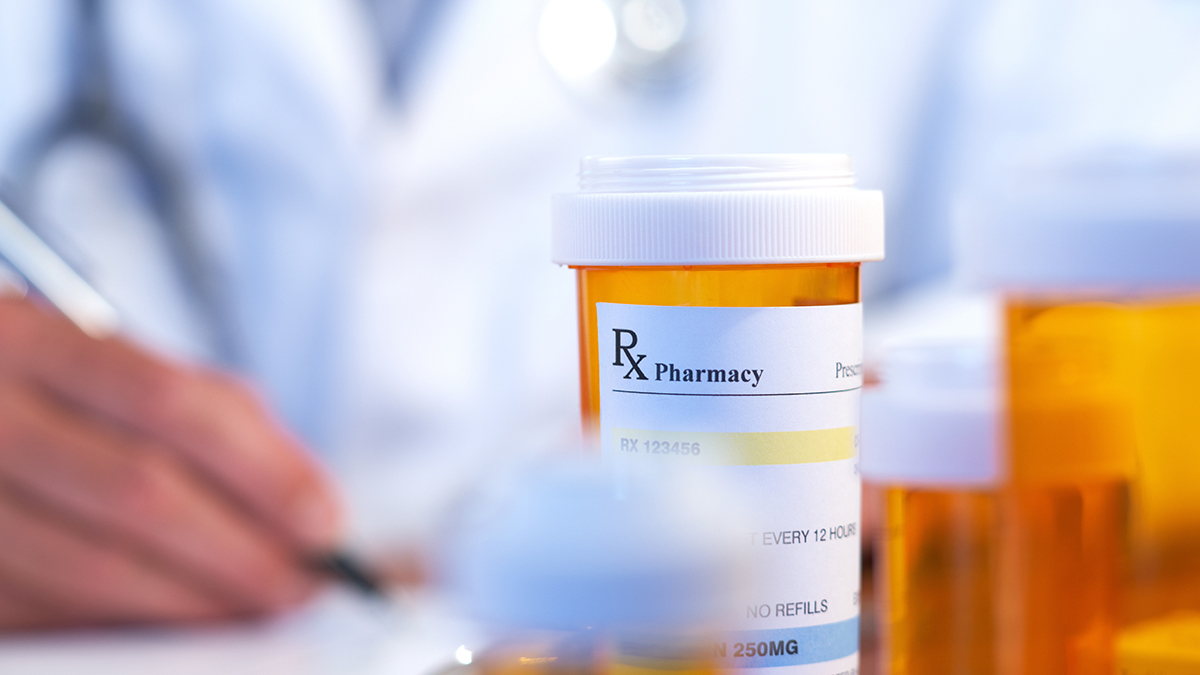Provider education

Understand DHS prescriber reports
Provider-to-provider webinars that answer specific questions about the DHS reports. Hosted by Institute for Clinical Systems Improvement and the Minnesota Hospital Association.

Participate in e-learning
Project ECHO is a free e-learning model with a goal of educating providers about opioids and controlled substance topics via virtual clinics. Continuing education credits available. Offered by Hennepin Health and CHI St. Gabriel’s.

Time to talk tapering
When the benefit of continued opioid use no longer outweigh the risks, it’s time to talk tapering. Quickly access HHS Tapering Guidance (PDF) and a DHS Tapering Discussion Guide (PDF).

Difficult Conversations
Downloadable tools written by providers to help with difficult conversations (PDF); Also includes opioid therapy talking points for prescribers (PDF) and other health care professionals (PDF).

Explore DHS’ quality improvement program
Stay current with the state’s opioid prescribing quality improvement program.
Resources
- Acute and post-acute pain prescribing overview: Learn safe-prescribing principles, specific recommendations and conversation starters for your patients with acute and post-acute pain.
- Chronic pain prescribing overview: Learn safe-prescribing principles, specific recommendations and conversation starters for your patients with chronic pain.
- Minnesota Opioid Prescribing Guidelines
- Project ECHO: Project ECHO is a lifelong learning and guided-practice model that revolutionizes medical education and exponentially increases workforce capacity to provide best-practice specialty care and reduce health disparities. The heart of the ECHO model™ is its hub-and-spoke knowledge-sharing networks, led by expert teams who use multipoint videoconferencing to conduct virtual clinics with community providers. DHS currently supports three Project ECHO models related to opioid analgesia, opioid use disorder and opioid use disorder among pregnant women and women with children:
